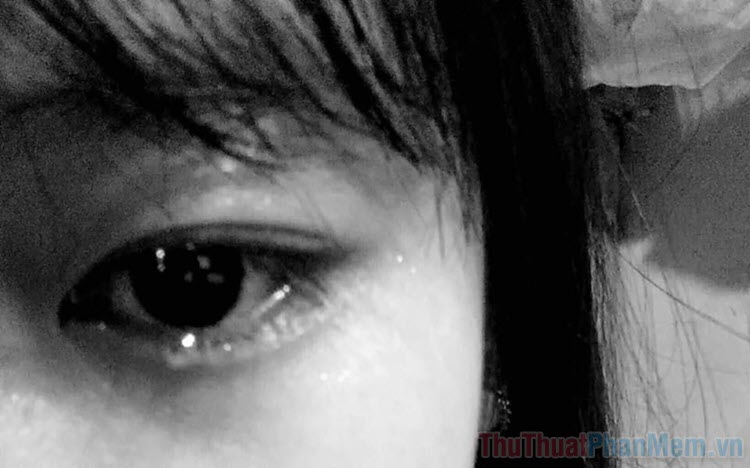Thông thường để kết nối tình cảm giữa các mối quan hệ thì chúng ta sẽ hay đùa giỡn tạo không khí vui vẻ. Dưới đây sẽ là những hình ảnh cặp nhiệt độ sốt 38 độ, 39 độ một cách chân thật, rất phù hợp để bạn có thể troll bạn bè người thân. Chúc bạn sẽ gắn kết được tình cảm từ những trò đùa vui này nhé!
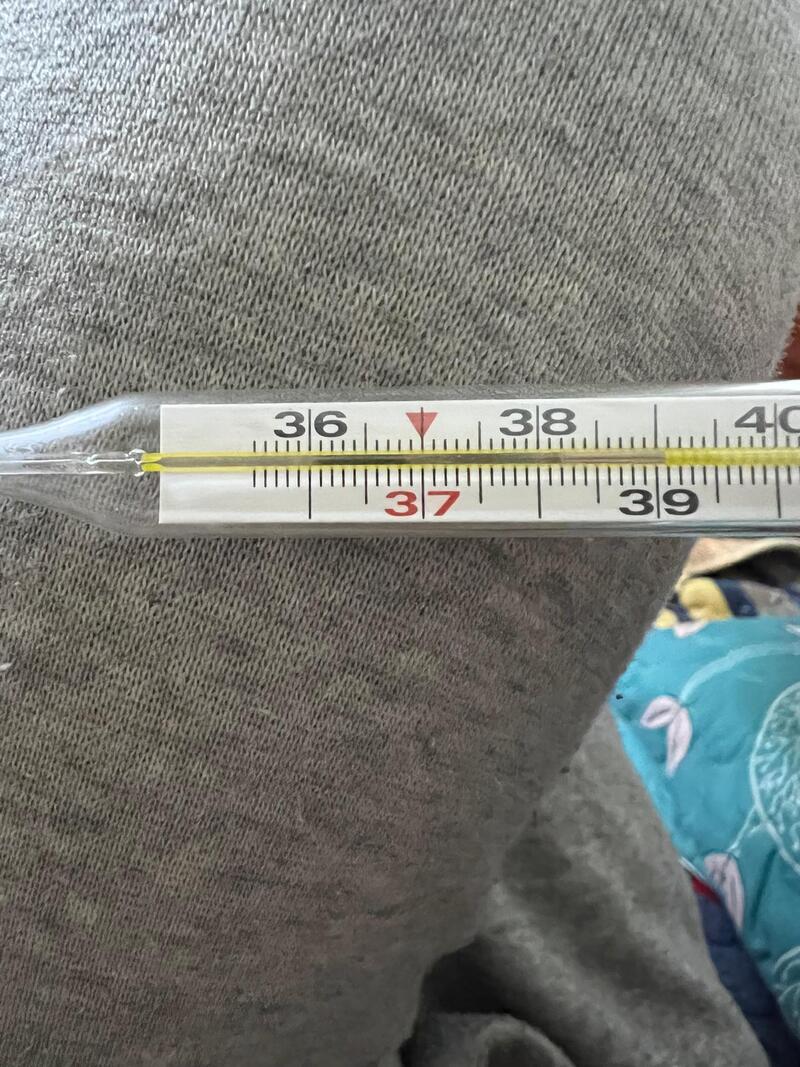
Những điều cần biết khi sốt
Để tăng tính xác thực khi bạn gửi hình ảnh cặp nhiệt độ sốt 38 độ thì bạn nên biết những điều dưới đây:
- Khi sốt sẽ cảm thấy lạnh trong cơ thể mặc dù nhiệt độ tăng cao
- Triệu chứng rùng mình và run rẩy
- Xuất hiện những cơn đau đầu, đau cơ, chán ăn, mệt mỏi
- Mất nước vì đổ mồ hôi, mắt sâu trũng và mất tập trung.
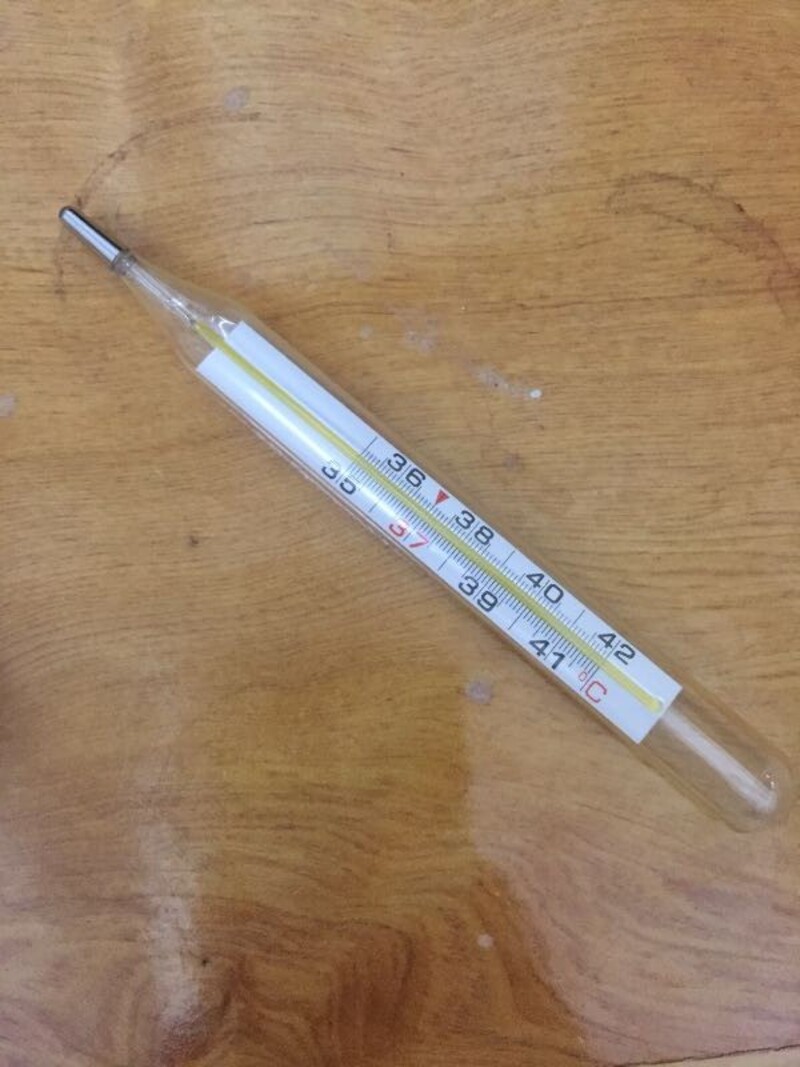
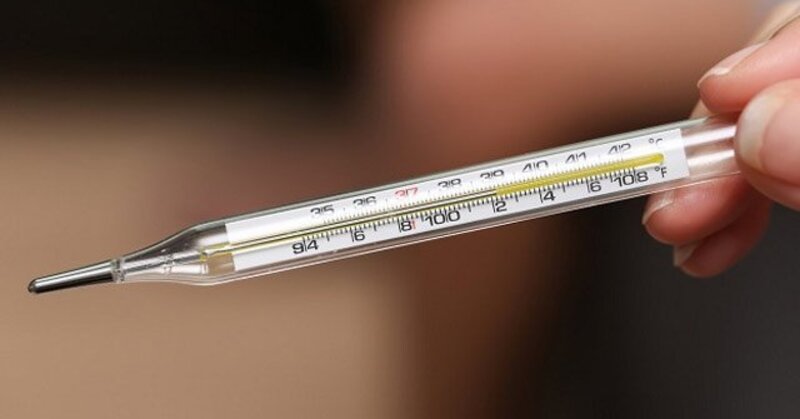
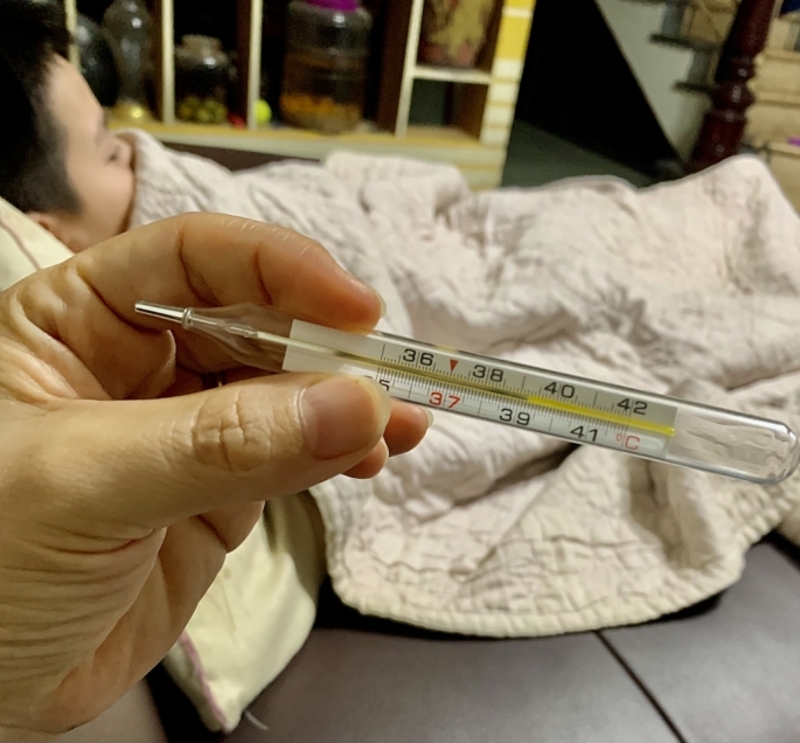
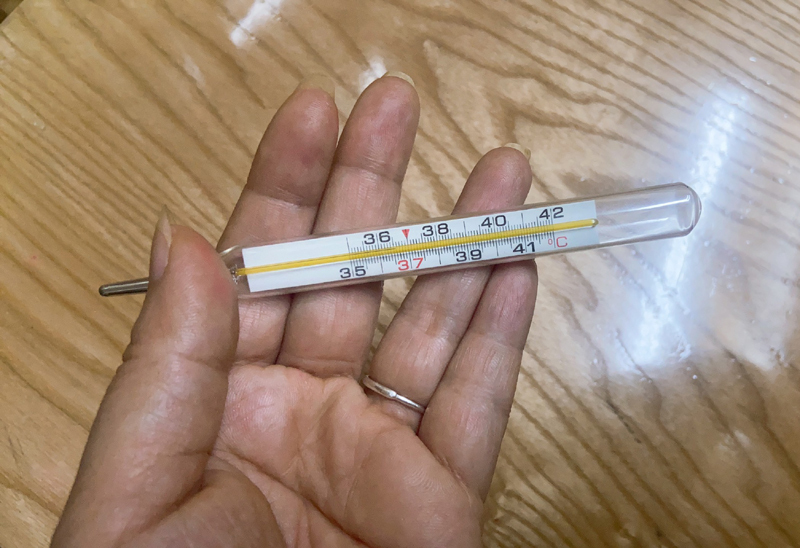
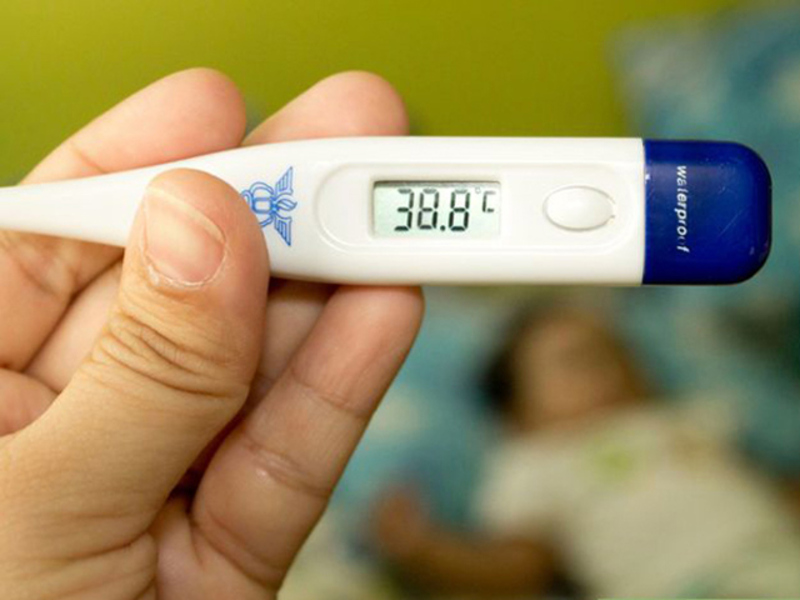
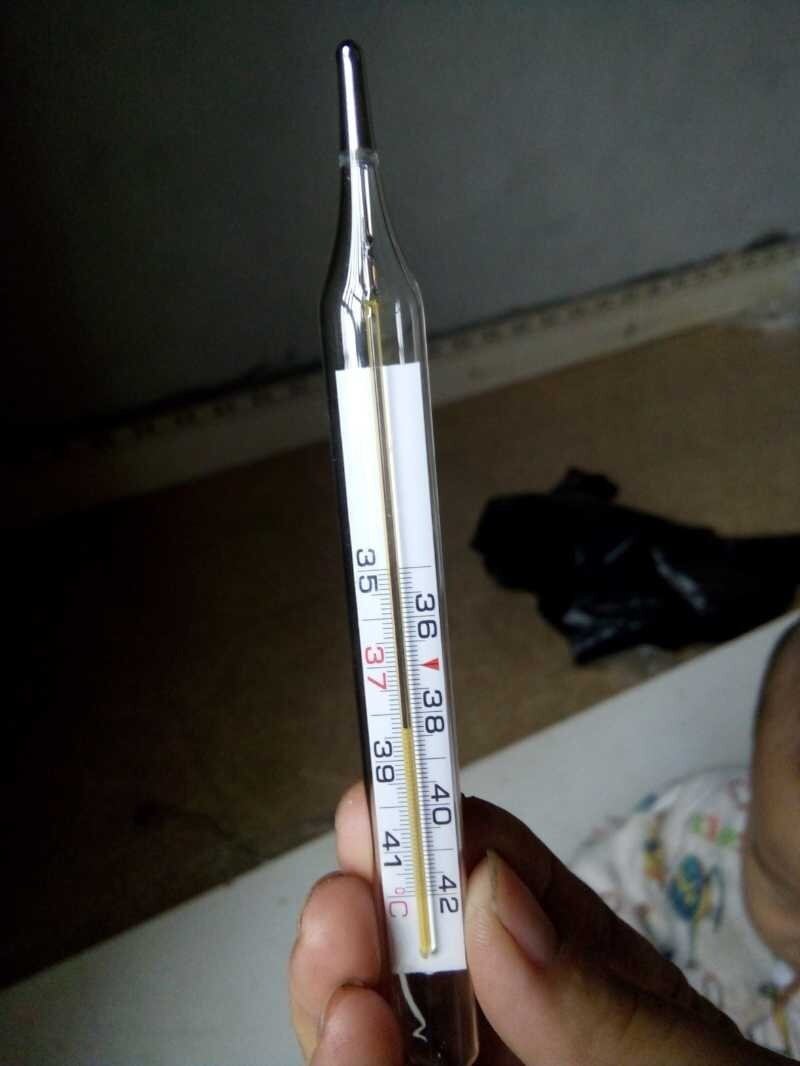
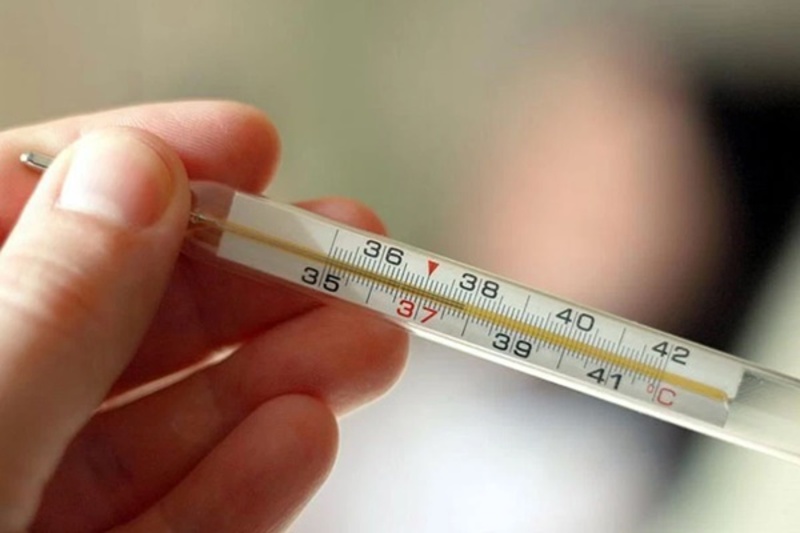
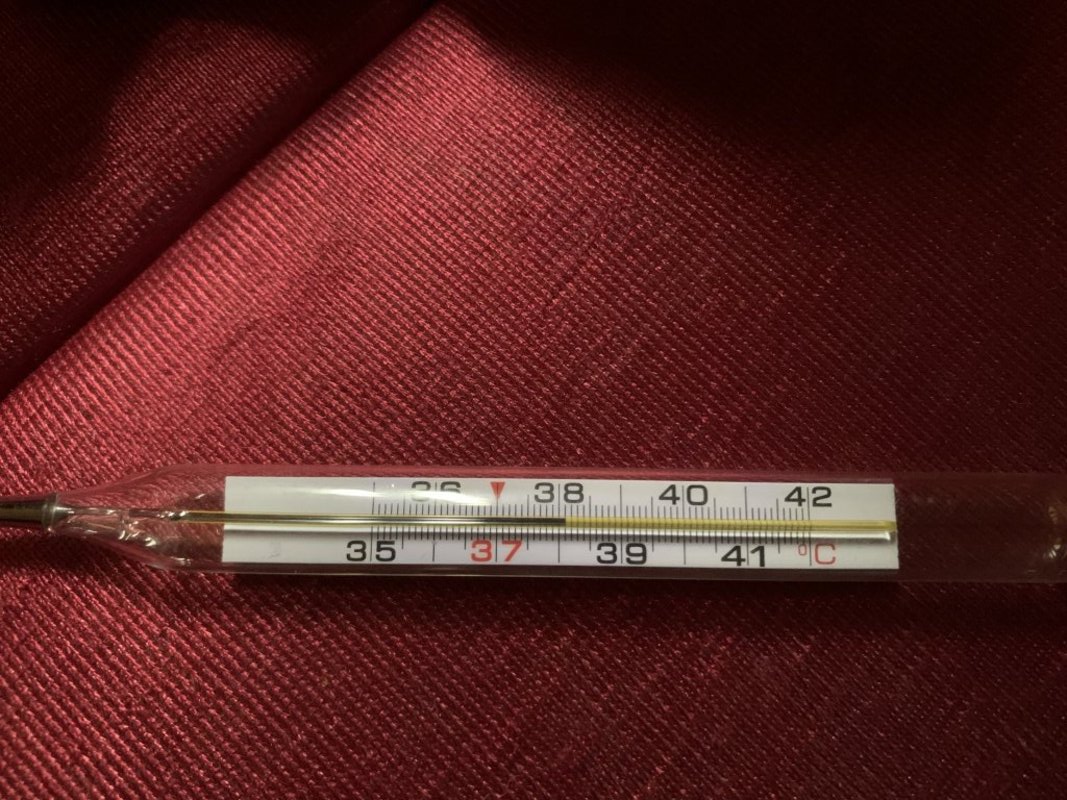
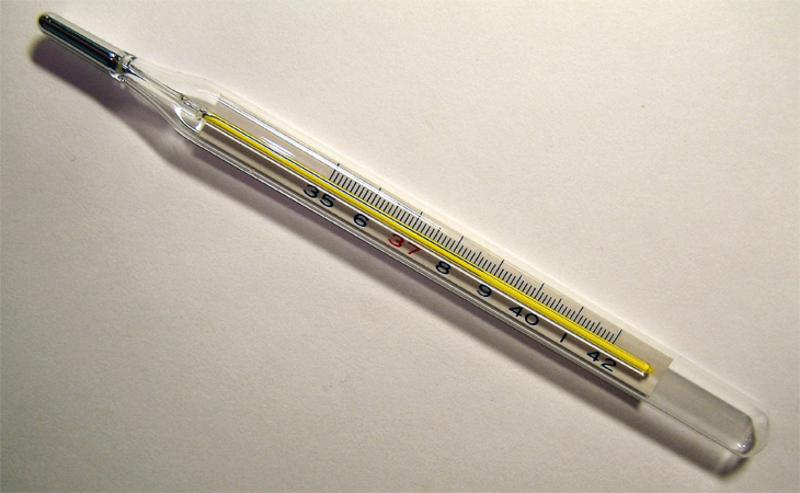
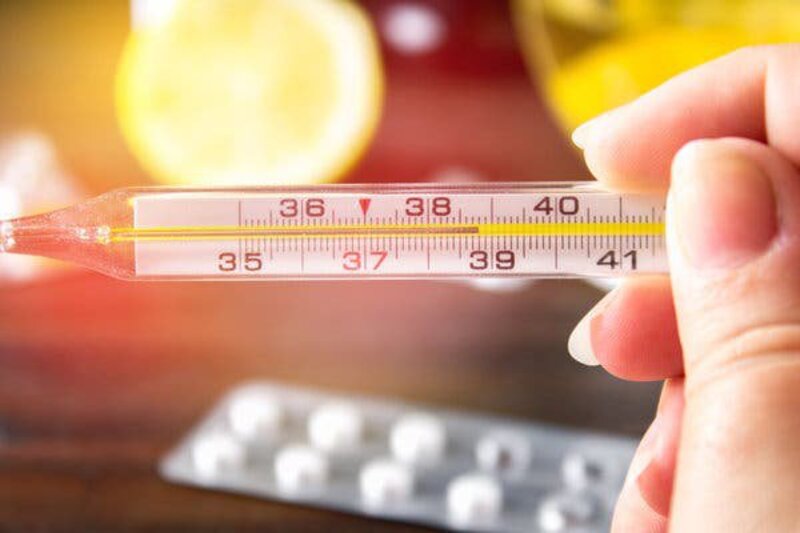
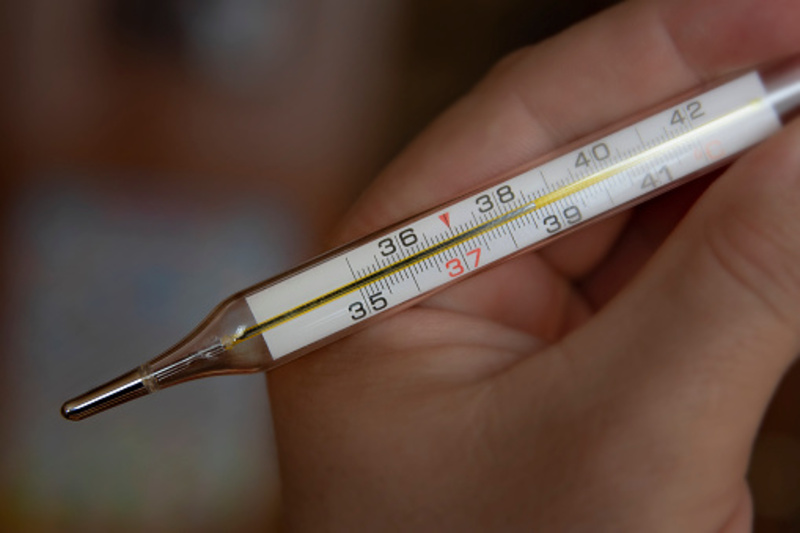
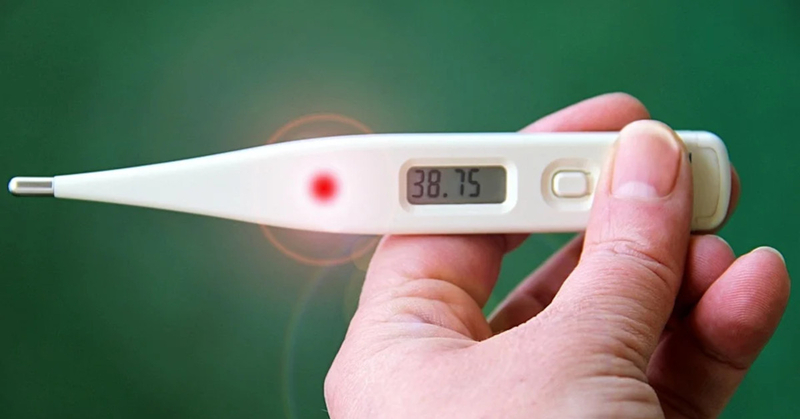
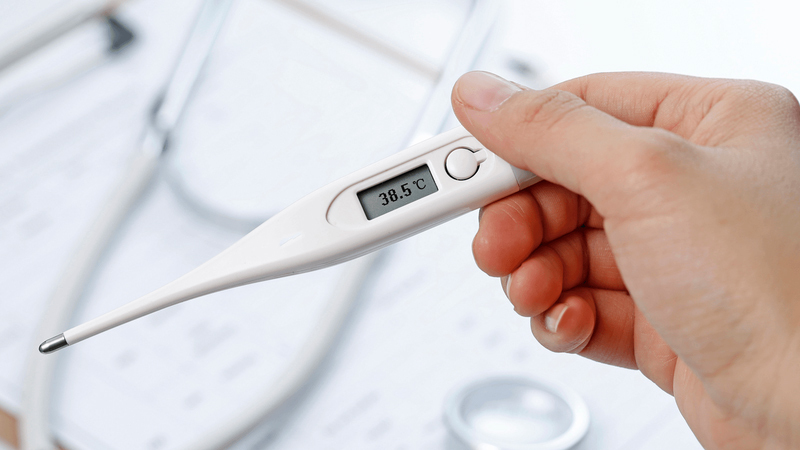
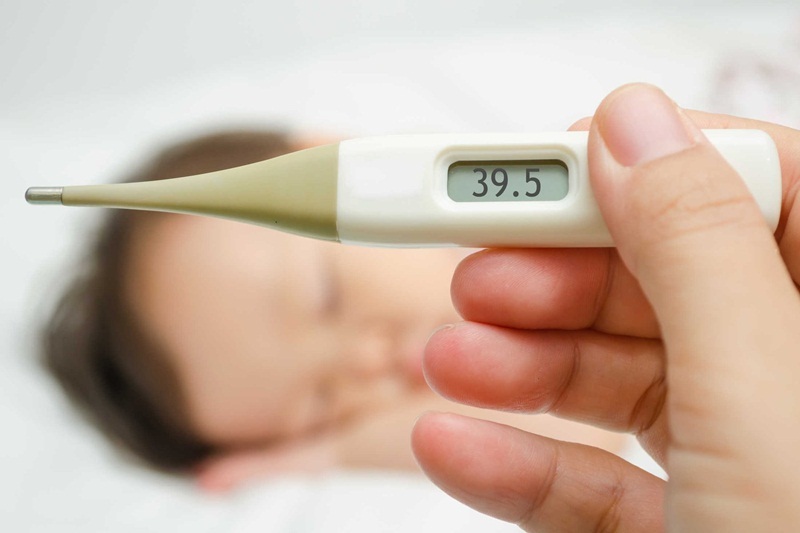
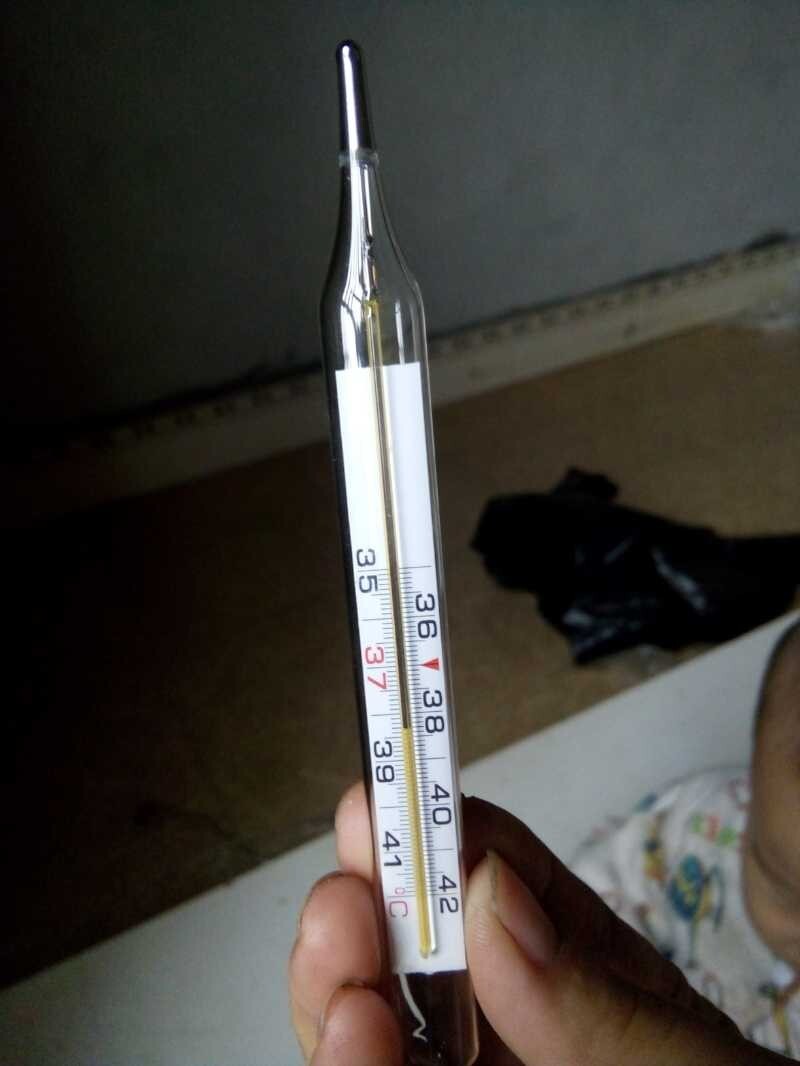
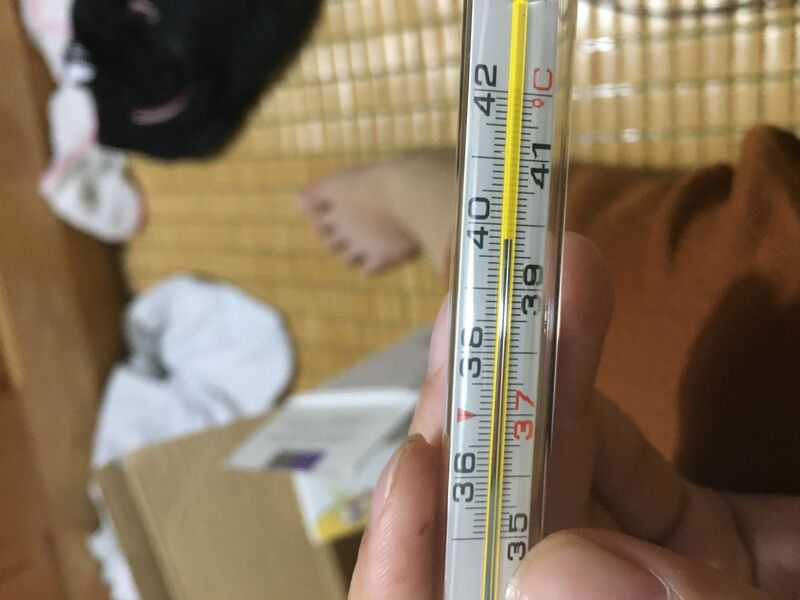
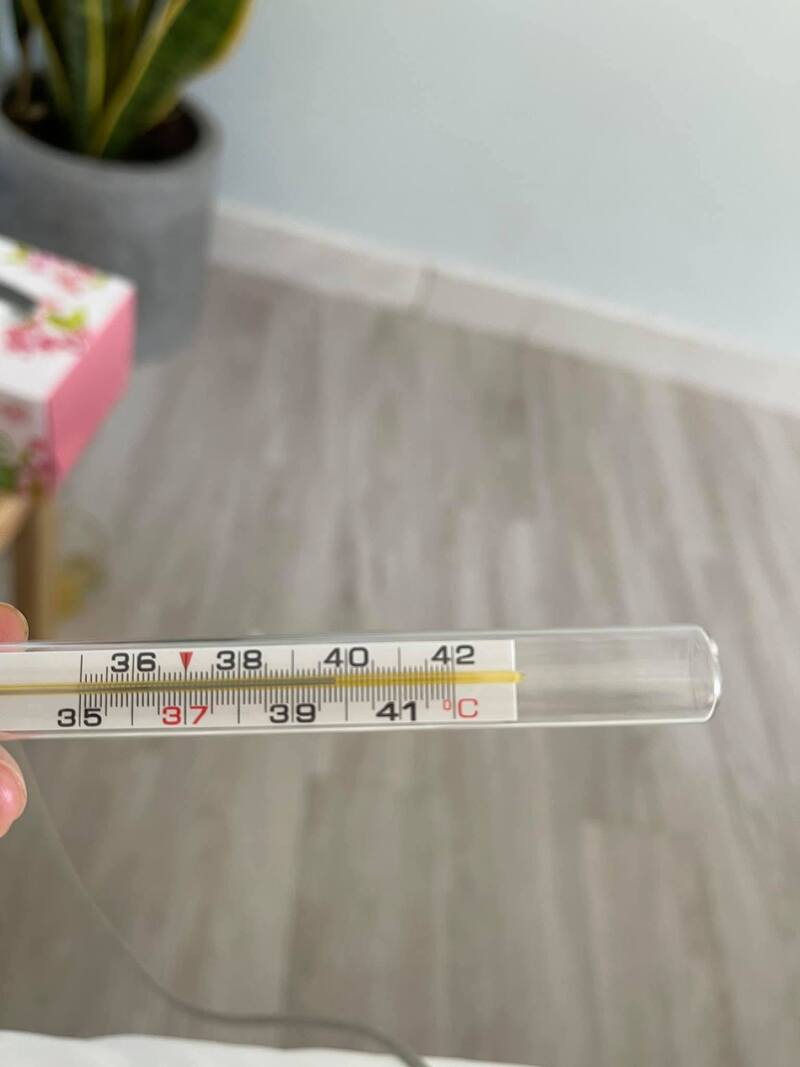
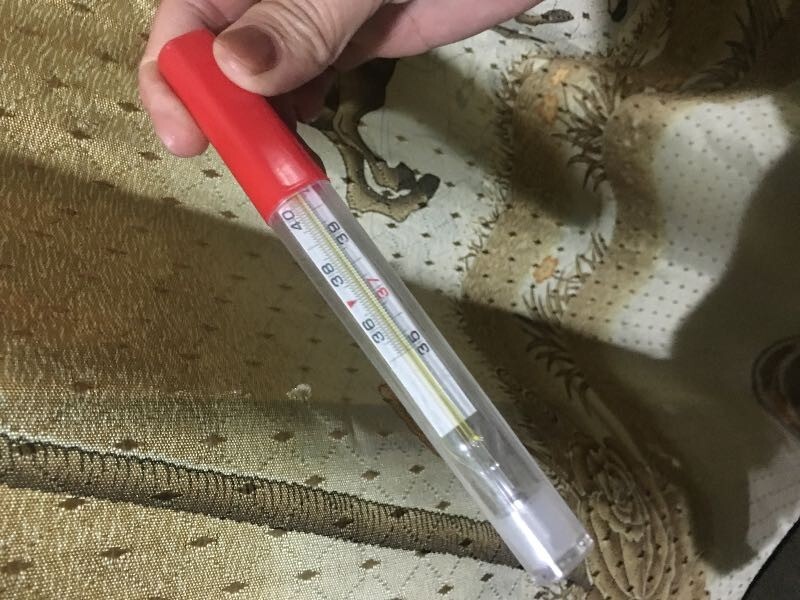
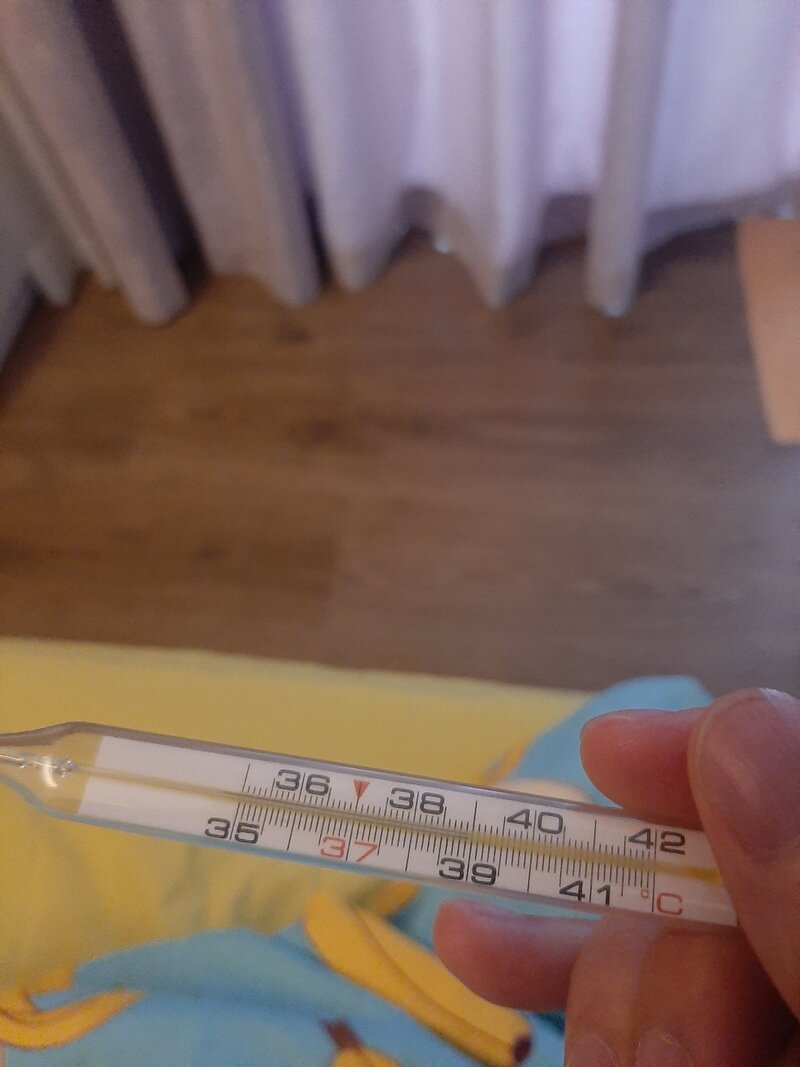
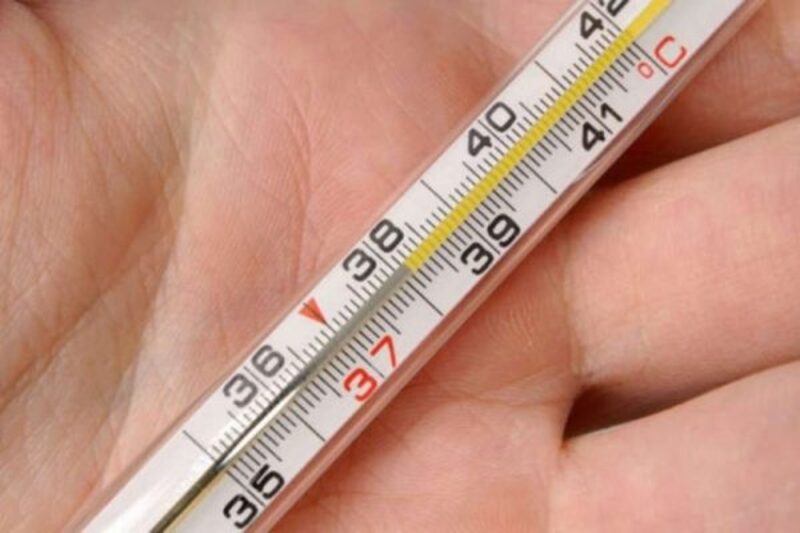
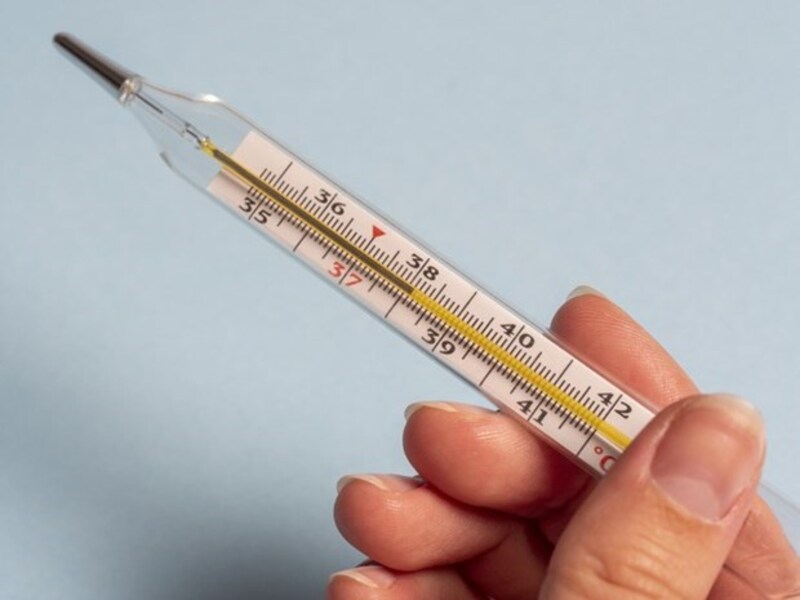
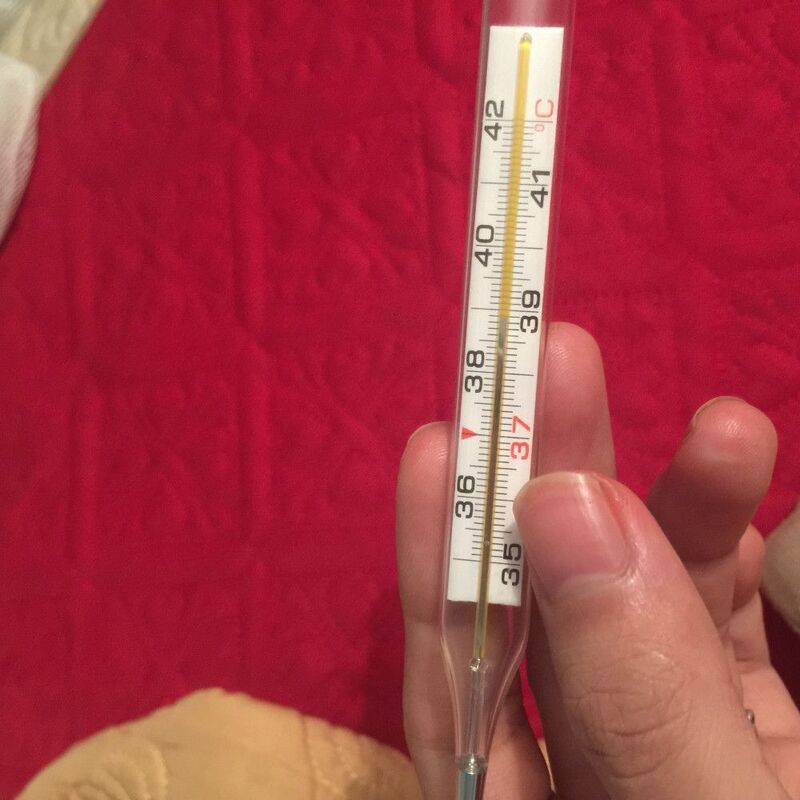
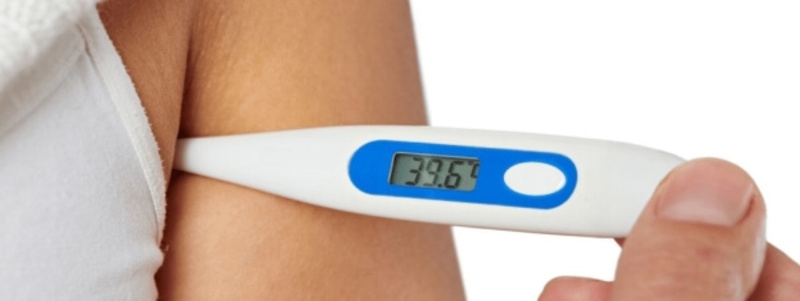
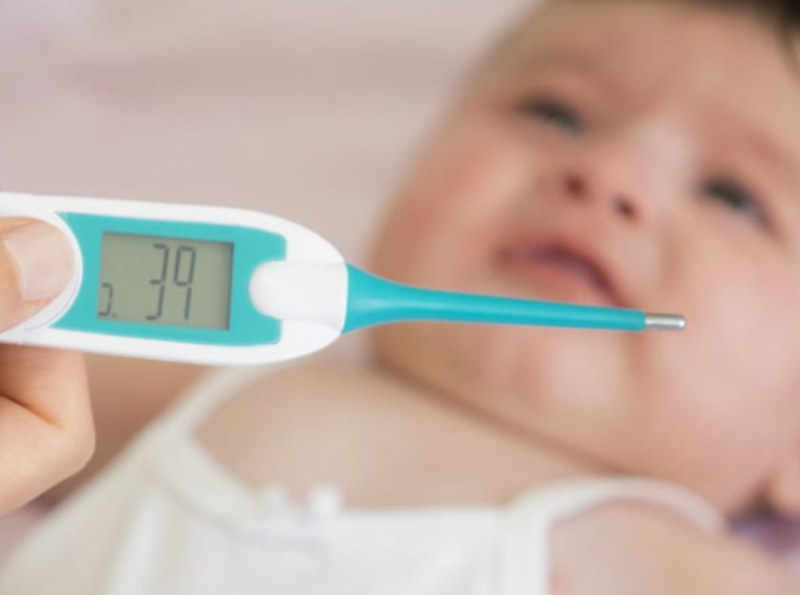

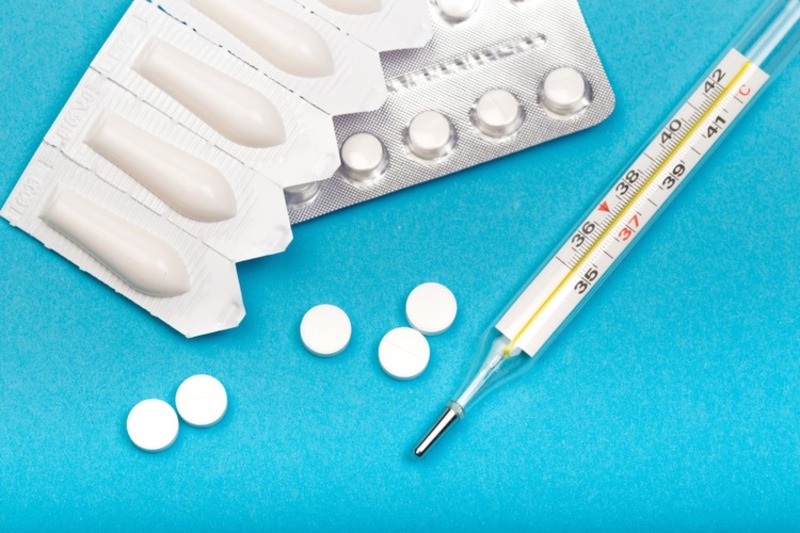
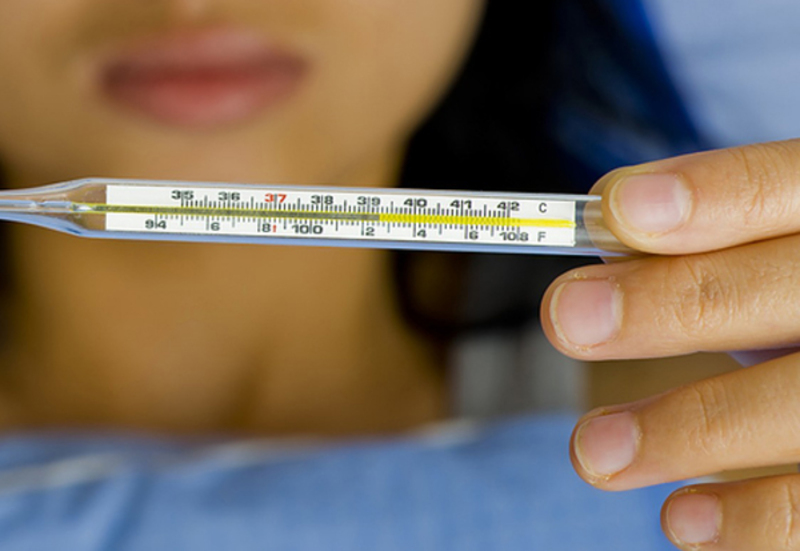
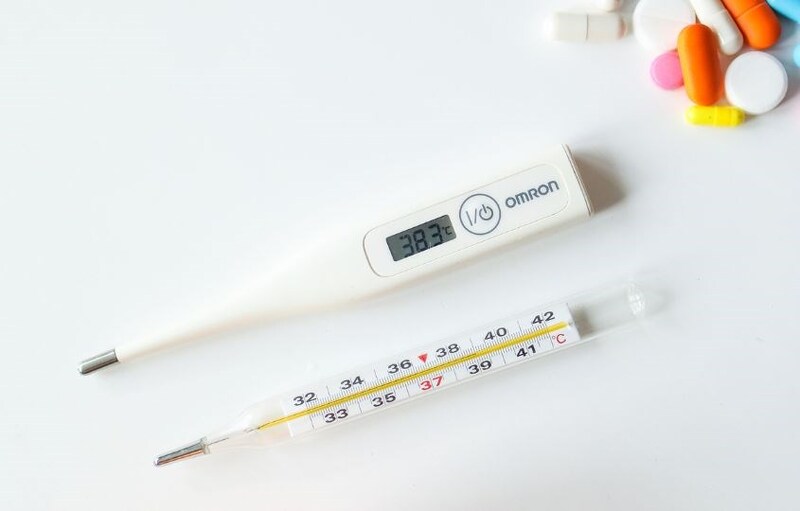
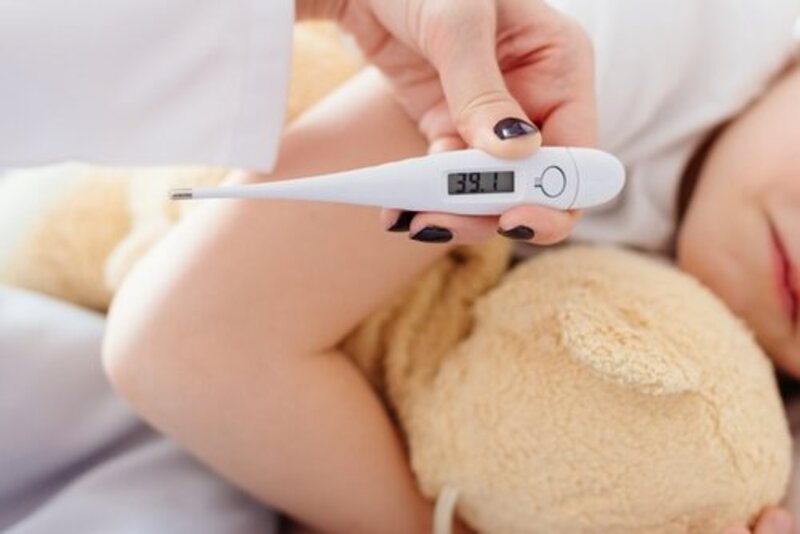
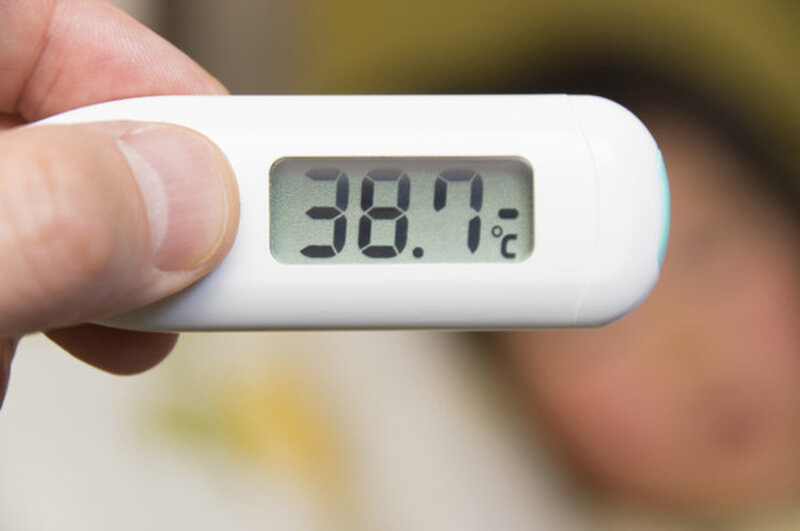
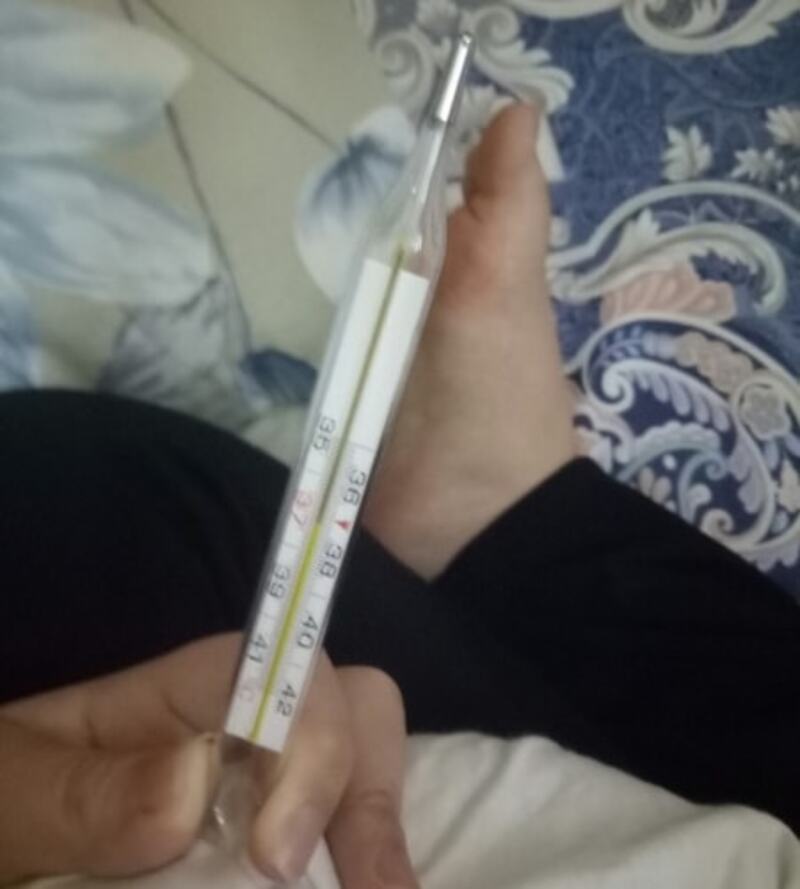
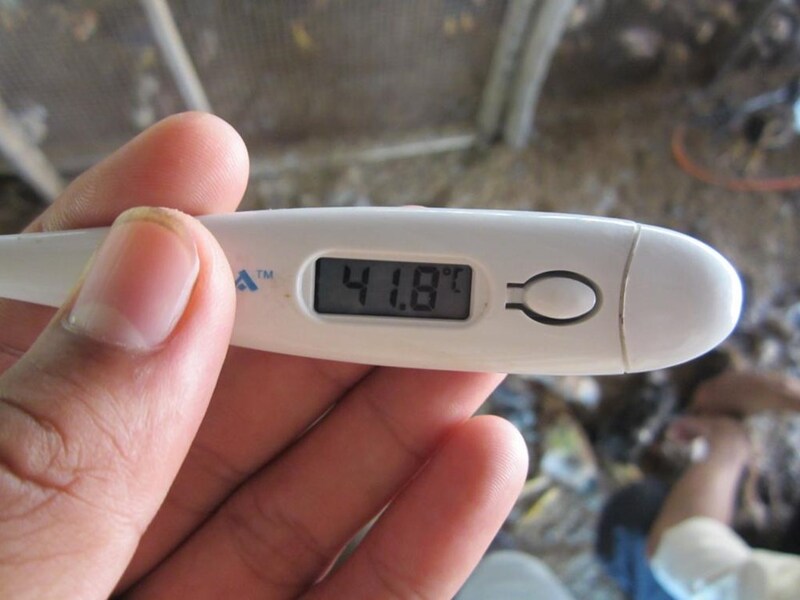
Bạn đã lưu hết những hình ảnh cặp nhiệt độ sốt 38 độ, 39 độ hay cao hơn nữa rồi chứ? Bây giờ bạn có thể bắt đầu lên kế hoạch trêu chọc bạn bè được rồi.




